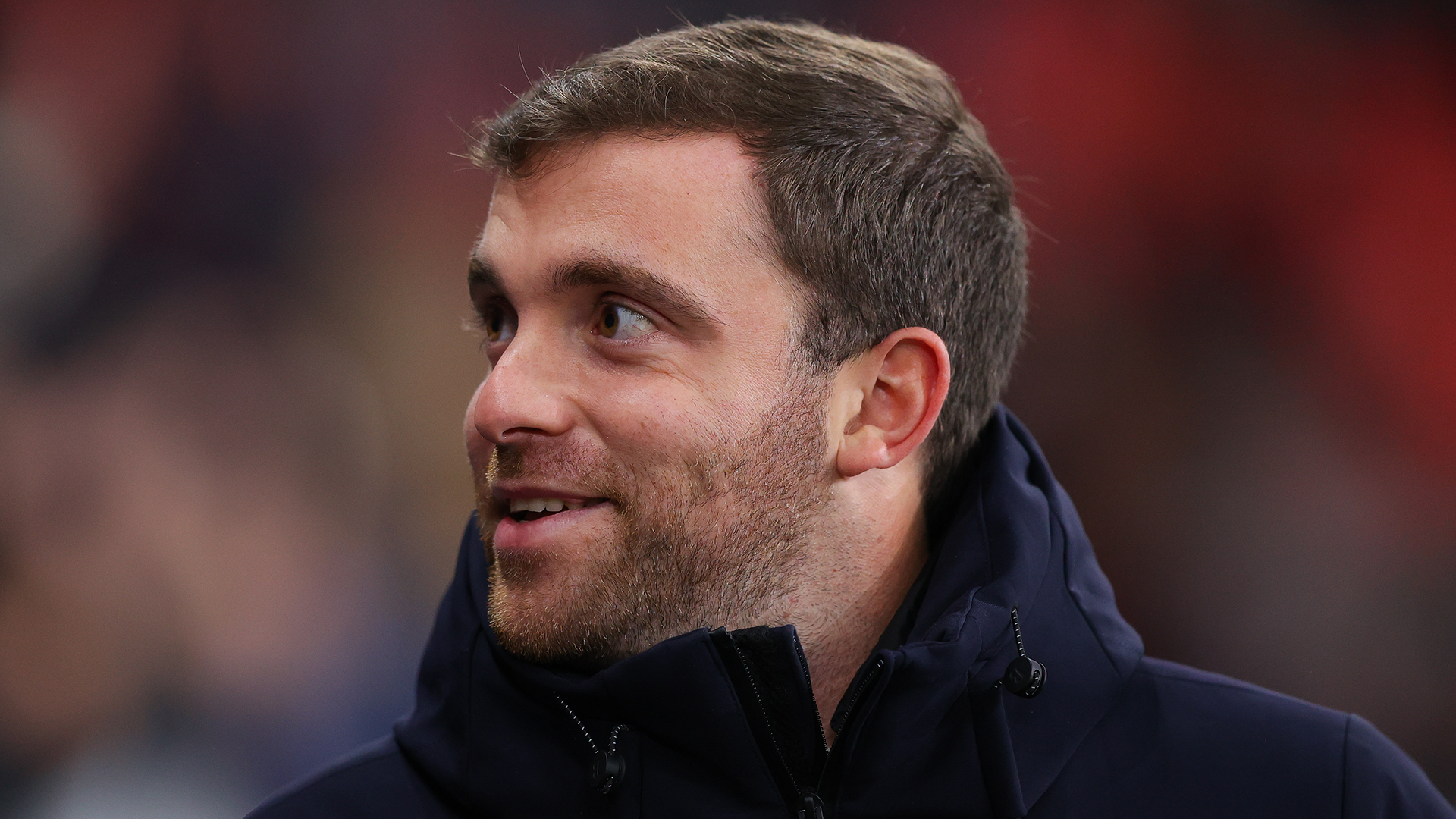There's an erectile dysfunction doctor in Winnipeg, Manitoba who makes liberal use of a rooster sound effect in his advertisements. Outside that decision, the argument he makes in those ads is totally sound. If your truck broke down, he says, you'd go to the best mechanic available. So if your [rooster noise] stops working, you'd also like it to be treated by the best. The rooster reprises its part multiple times before the allotted 30 seconds expire.
This information is stored in my brain because I sometimes listen to Winnipeg Jets games on the "radio." I put that in quotes only because I'm not using a literal radio, with a dial and an antenna and such. On the NHL's app, one can stream the radio broadcasts of every team when they're in action, and this feature has been a godsend to me as a blogger on the go who's not necessarily able to sit in front of the TV every night but still wants to keep tabs on the league. If it's nighttime, I have internet service on my phone, and my headphones are in (which they constantly are), there's a good chance I'm following a game.
I do something similar with the MLB app, but it's significantly less pleasant. On the surface, MLB delivers the same service as the NHL, which is live games beamed from the ballpark into your ear. But the execution is all wrong at virtually every level, and as a result, the charm of hearing baseball as it happens is sapped away by what is either an uninterested or sloppy middleman.
At the core of the issue is MLB's audio deal with radio giant Audacy in 2021. That agreement didn't bring about any instantly recognizable downgrades, but by the middle of next season the most audible effect was firmly established. When MLB streams radio games now, they do so without local ads. Instead, they substitute their own inventory of location-targeted spots and in-house promos to play in their place. That may not sound like a huge deal—the league does the same thing with local TV broadcasts, after all—but in practice it's a gigantic drag on any fan's enjoyment, for a few different reasons.
One of these is that the actual placement of these ads is extremely uneven. They're not inserted seamlessly into the "real" commercial breaks. Rather, MLB's ads often barge in early as an announcer is outro-ing a half-inning and return a few beats late at the start of the next. Here are two examples, just from the middle of the first of Wednesday's Twins-Dodgers game.
If this were the only flaw, it'd be a minor inconvenience. But what compounds the issue is that there's absolutely no variety to the ads that play. They are the same almost every time, and over the course of a long season this becomes very difficult to ignore. Last year, there was a lottery ad that began with a ringing alarm clock that played again and again and again, and the madness it provoked in me has continued into this new season. Already I am sick of Harold Reynolds telling me to go to the Baseball Hall of Fame, and the generic R&B song telling me not to text while driving, and these MLB horoscope gimmicks that make sense with a visual on the league's TV broadcasts but just sound creepy without that context. While listening to the Tigers play the Mets last Friday, I kept getting the same ad for a sperm bank; during one break I got it twice in a row. I don't want to donate sperm!
Listening to the most irritating version of a commercial break possible, over a dozen times every game, is enough to put me on edge in itself. But there's something a little less tangible, too, that has turned baseball on the radio from an activity I genuinely love into a product with flaws I barely tolerate. Even if the internet is not the "pure" way to hear the broadcast, there's still something magical in the direct connection between radio announcers and their teams' fans. The announcers do nothing but speak, and then through a process invisible to the human eye their voices are beamed to faraway places, where they conjure baseball games that play out in the imaginations of those who hear them. This is not a new technology, but it is one that can feel very close to magic.
Even when those voices have to temporarily give way to commercial interests, I still retain my membership in the same community—one with its own network of weirdo lawyers and outrageous doctors and sweaty car salesman and retired-athlete pitchmen and rooster sounds deployed in questionable taste. There's an undeniable intimacy to that relationship, but when it's severed, even partially, that magic becomes something I chase rather than a gift I let myself receive. In listening to these colder, clumsier, more transparently cynical broadcasts, I feel like I'm being whisked in and out of a room every three outs. I can never settle in and truly concentrate on what's happening, because I'm perpetually guarding against the next unwanted interruption.
I'm still tuning into these games, of course, even if I'm a little less likely to want to than before. That's because I love baseball, and I appreciate the people like Dan Dickerson and John Sterling who bring it to me so consistently and with so much obvious passion for what they do. But I know that I am not the norm, and that others may be less patient. If I and many fellow true believers will weather these stupid obstacles to get our fix, there are plenty of others who will hit their limit much sooner than me. And for those younger hardcore fans who may have never really experienced radio broadcasts in their original intended form, who formed their ties to the game through phones and not stereos, I wonder if this format even appeals to them at all. I guess I'm more worried about that than MLB is.






